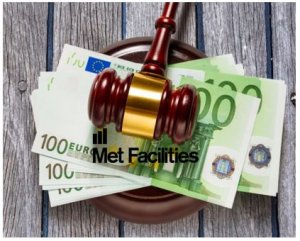EU Parliament approves new rules to protect whistle-blowers
The European Parliament approved new EU-wide rules that strengthen the protection of persons reporting on breaches of Union law.
Safe reporting channels
To ensure potential whistle-blowers remain safe and that the information disclosed remains confidential, the new rules allow them to disclose information either internally to the legal entity concerned or directly to competent national authorities, as well as to relevant EU institutions, bodies, offices and agencies.
In cases where no appropriate action was taken in response to the whistle-blower’s initial report, or if they believe there is an imminent danger to the public interest or a risk of retaliation, the reporting person will still be protected if they choose to disclose information publicly.
Safeguards against retaliation
The law explicitly prohibits reprisals and introduces safeguards to prevent the whistle-blower from being suspended, demoted and intimidated or facing other forms of retaliation. Those assisting whistle-blowers, such as facilitators, colleagues, relatives are also protected.
Member states must ensure whistle-blowers have access to comprehensive and independent information and advice on available procedures and remedies free-of-charge, as well as legal aid during proceedings. During legal proceedings, those reporting may also receive financial and psychological support.
The law now needs to be approved by EU ministers. Member states will then have two years to comply with the rules.
Further information:
To read more, please follow this link:
https://www.europarl.europa.eu/doceo/document/A-8-2018-0398-AM-155-155_EN.pdf
Contact us here
Other articles
EU broaden tax haven blacklistPlease Note: This publication is not intended to be a comprehensive review of all developments in the law and practice, or to cover all aspects of those referred to. Readers should take legal advice before applying the information contained in this publication to specific issues or transactions.

EU Parliament approves new rules to protect whistle-blowers






